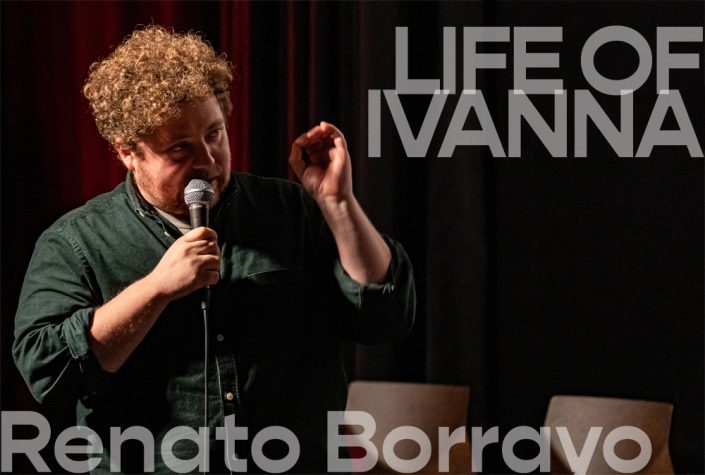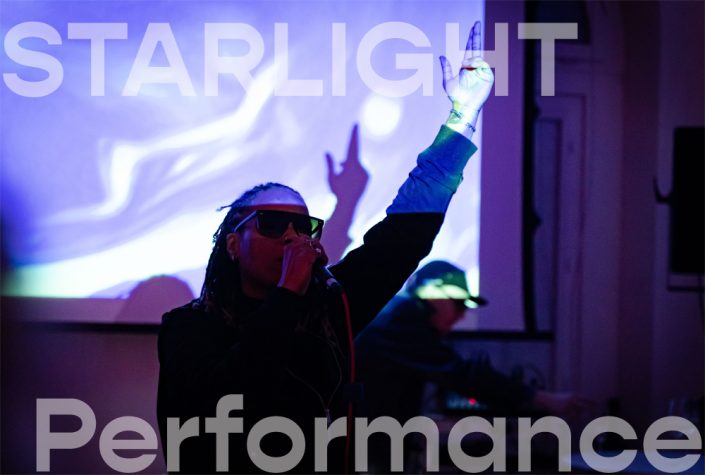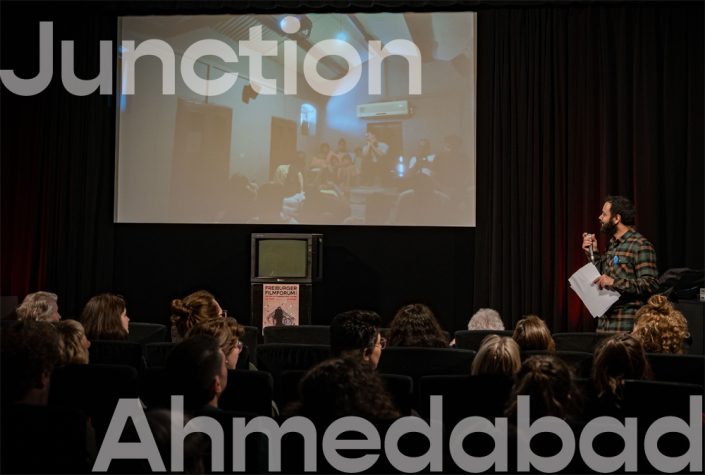There she stands, confidently, like a goddess of technological junk, surrounded by endless mountains of rubbish, plastic, stench and rare earths. An angry appeal to the world to take responsibility for the consequences of capitalism, colonialism and environmental destruction in Africa. (Berlinale)
This film will be screened simultaneously at Unseen as part of our #Junction_Nairobi, followed by a shared discussion.
Kantarama Gahigiri is a Rwandan-Swiss screenwriter and director, born 1976 in Geneva, and grew up in Switzerland and in various African countries. She has a degree in international relations. As a filmmaker, her work focuses on topics including identity, migration, empowerment and representation. She is an alumna of the Realness Residency (2018), La Fabrique Cinéma at Cannes (2019), Le Moulin d’Andé (2020), Berlinale Talents (2021), the Locarno Filmmakers Academy (2022) and the Atelier Grand Nord (2023). Films: ME + U (2013, TV series), TAPIS ROUGE (2014, feature), LOST ANGEL LESS (2017, short film).
Director, Script: Kantarama Gahigiri
Key Cast: Cheryl Isheja









